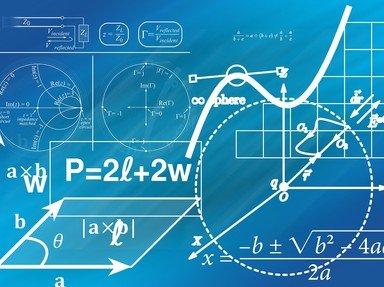Quiz Answer Key and Fun Facts
1. Which is the first power of two to have a value of over 1000?
2. All of the powers of two are even numbers.
3. Which is the first power of two (starting from 2^0) for which none of the individual digits are powers of two? (For example the number 86742 contains a 2, a 4 and an 8 amongst it's digits and so wouldn't be acceptable. Also it's not a power of 2).
4. When two to any power is written in binary, what is the general form that it will take?
5. Which of these is an example of a Mersenne Prime?
6. Which of these is an example of a Fermat prime?
7. Starting from 2^1, what is the recurring pattern of the final digit of the powers of two?
8. What is the significance of 2^20?
9. In the expression 2^n, n is the exponent. Which of these numbers is NOT a power of two whose exponent is also a power of two?
10. In terms of a power of 2, what is the value of 2^7 multiplied by 2^6?
Source: Author
pagea
This quiz was reviewed by FunTrivia editor
crisw before going online.
Any errors found in FunTrivia content are routinely corrected through our feedback system.


